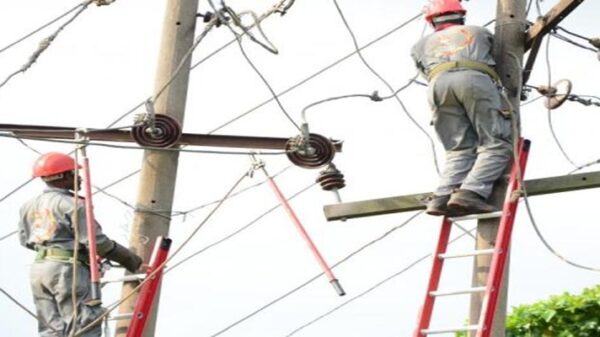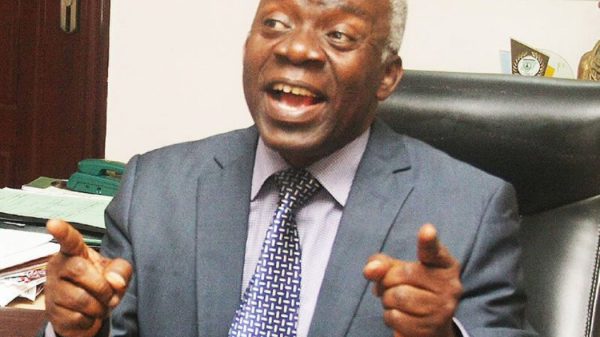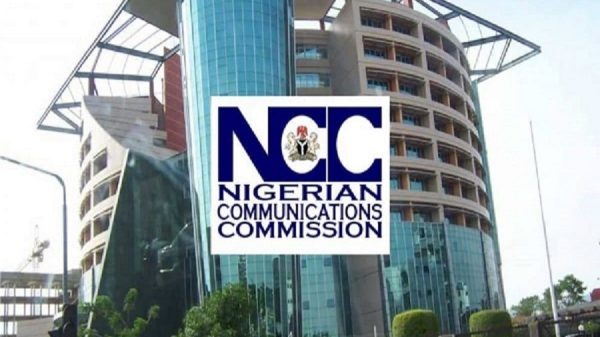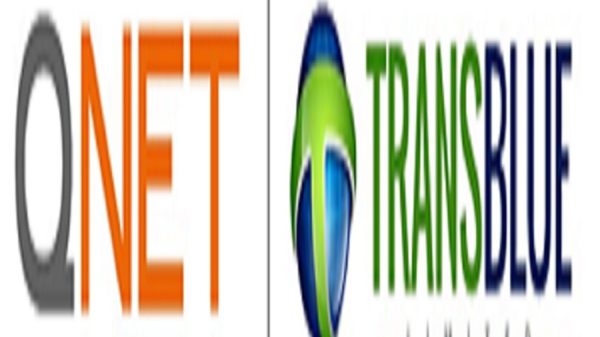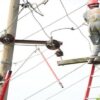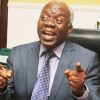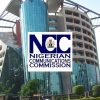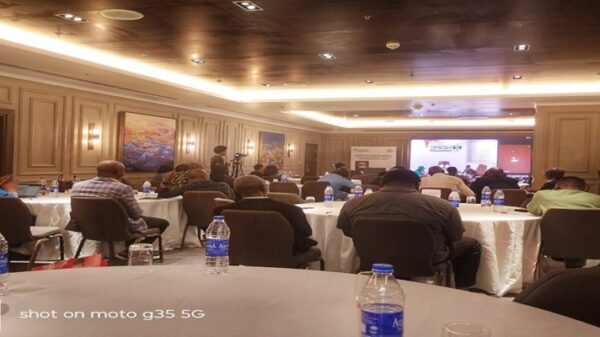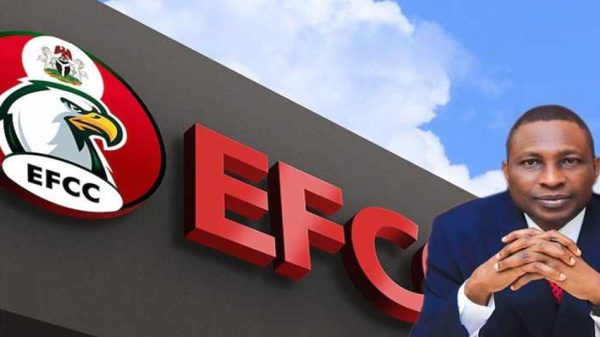Nigeria Inter-Bank Settlement System (NIBSS) has revealed that about 78.73 million active bank accounts are yet to be linked with the Biometric Verification Number (BVN) despite various measures put in place by the government to encourage enrollment.
Recall that the Central Bank Nigeria (CBN) had in 2021 warned financial institutions against BVN violations.
The CBN said it would ensure all operated accounts/wallets (except Tier 1) (including accounts/wallets (except Tier 1) opened through agents) were linked with the signatories’ BVNs within 24 hours of NIBSS making BVN available.
It added that operators must “enroll all mobile money wallets (except Tier 1) subscribers on the BVN database and link their wallets (except Tier 1) with their BVNs within 180 days of the issuance of this framework.
Some of the penalties listed for financial institutions having a customer operating an account without BVN there will be N2,000,000 penalty per infraction/customer, 15 per cent of the total amount credited into the account during the period infraction exists and N20,000 penalty per infraction/customer per day after the infraction exists.
According to NIBSS, the total BVN enrolled by bank accounts in the country linked stands at 54.77 million as of July 10, 2022, compared to 54.7 it was as at April 10, 2022, noting that commercial banks recorded enrolment of 700,000 accounts in the first three months of 2022.
The NIBSS stated that only 51.7 million accounts were linked as of December 26, 2022 out of the 133.5 million active bank accounts.
NIBSS had earlier revealed that BVN linked accounts were at 51.7 million as of December 26, 2021, with the BVN enrollment database growing by six million in 2021.
While many accounts may be linked to a single BVN, industry observers say there is still a gap that must be addressed between bank accounts and BVN registrations.
The CBN, in collaboration with the Bankers’ Committee, NIBSS, launched the BVN project on February 14, 2014, intending to capture the biometrics of all bank customers and give them a unique identity that can be verified across the Nigerian banking industry.
![]()



